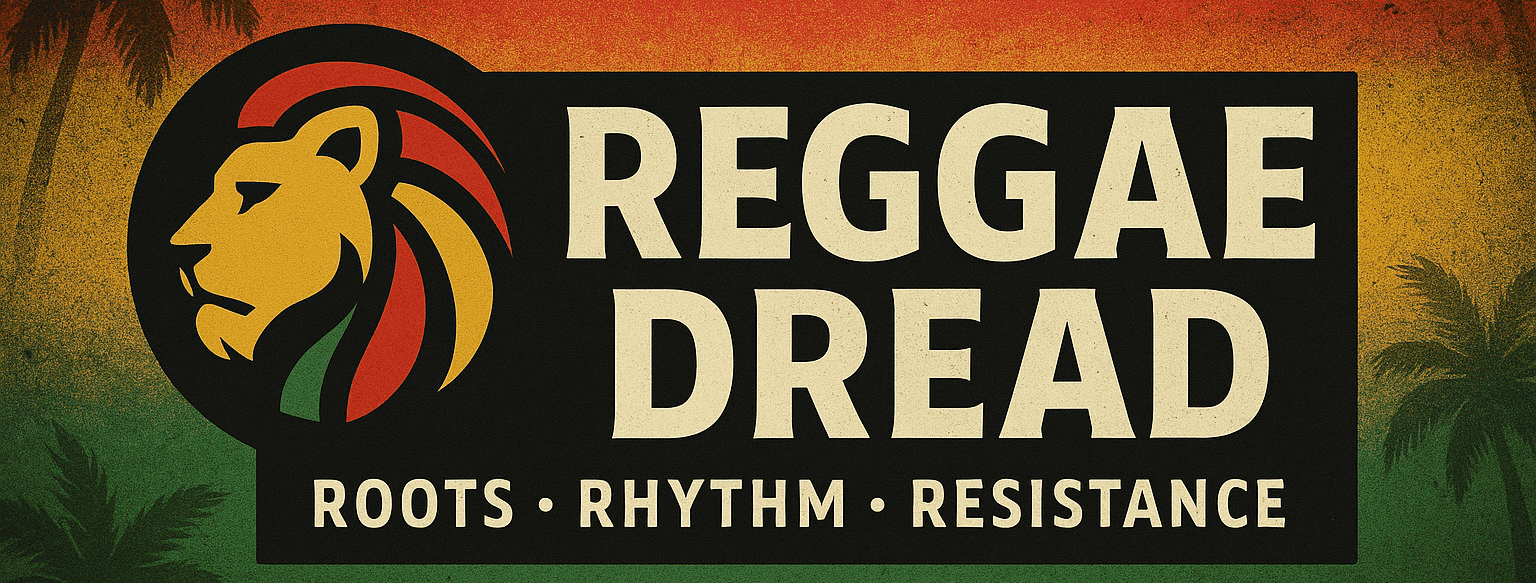Reggae Dread Linked to The Genre of Roots Reggae Music

Reggae Dread is a term used to describe a subculture of people who embrace the Rastafari movement and its associated cultural and spiritual practices. The term is closely linked to the genre of roots reggae music, which emerged in Jamaica in the 1960s and 1970s and is characterized by its social and political messaging and its emphasis on Rastafarian beliefs.
The term "dread" in Reggae Dread is derived from the Rastafarian belief in the "dreadlocks" hairstyle, which is often worn by members of the movement as a symbol of their commitment to their faith and the teachings of Haile Selassie, the former Emperor of Ethiopia who is seen as a messiah figure by Rastafarians. The term "dread" also has a more general meaning in the context of the Rastafari movement, referring to a sense of awe and reverence for the divine.
Reggae Dread culture is characterized by its emphasis on spirituality, social justice, and cultural pride. Rastafarians believe that the African diaspora, which resulted from the transatlantic slave trade, represents a long history of oppression and suffering, and that the Rastafari movement represents a path to liberation and empowerment. They reject the cultural norms of Western society and embrace a holistic, natural way of life that emphasizes communal living, self-sufficiency, and respect for the environment.
Music is a central component of Reggae Dread culture, and roots reggae in particular is seen as a powerful medium for spreading the message of the Rastafari movement. Roots reggae songs often address themes of social and political injustice, the struggle for liberation, and the need for spiritual awakening. The music is characterized by its use of rock-steady rhythms, prominent basslines, and strong lead vocals, often with a focus on harmony and group singing.
In addition to music, Reggae Dread culture is also characterized by its distinctive style of dress, which often includes traditional African garments, handmade jewelry, and, of course, the dreadlocks hairstyle. Many Rastafarians also follow a specific diet, avoiding meat and other animal products in favor of a plant-based diet.


























